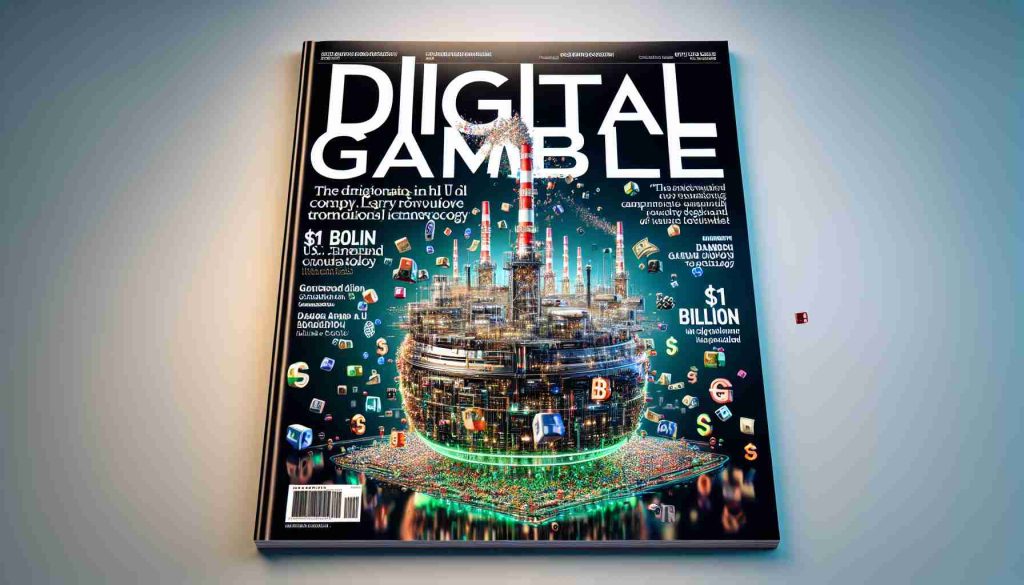In a significant development in the tech legal landscape, a federal jury in Marshall, Texas, awarded Netlist, a company specializing in computer memory, a substantial sum of $118 million in damages from Samsung Electronics. This decision stems from a patent infringement lawsuit concerning advanced data processing technology used in high-performance memory products.
This verdict follows a pattern: Last year, Netlist secured a $303 million judgment against Samsung in a related legal battle. Additionally, the company was awarded $445 million in May from Micron Technology over similar patent disputes.
On the recent case, neither Samsung nor Netlist representatives made immediate public comments, though the jury’s determination that Samsung’s actions were willful could lead to an increase in the damages awarded by as much as threefold. The lawsuit, initiated by Netlist in 2022, accused Samsung of violating patents essential for memory modules in cloud servers and other data-heavy technologies. According to Netlist, these breakthroughs enhance the power efficiency of memory products, allowing faster data processing, which is crucial for modern data-reliant applications.
Despite these accusations, Samsung refuted the claims, maintaining that the patents in question were invalid and asserting their technology operates differently from that of Netlist. In a twist to the saga, Samsung is also pursuing legal action against Netlist in Delaware, alleging the memory company failed to provide fair licensing agreements for technology essential to international standards compliance.
This ongoing legal confrontation highlights the intense disputes over intellectual property rights in the tech industry.
Patent Wars in Tech: Hidden Costs and Controversies Behind the Headlines
In the ever-evolving world of technology, intellectual property disputes are becoming increasingly prevalent. The recent legal battle between Netlist and Samsung, resulting in a $118 million verdict in favor of Netlist, is just one example of the sophisticated and high-stakes nature of patent litigation in the tech industry. But what does this mean for the broader community, and what are the implications of such disputes on communities and countries?
Impact on Innovation and Market Dynamics
Patent lawsuits, like those involving Netlist and Samsung, can have profound effects on innovation. On one hand, they serve as a protective measure for companies, ensuring that their investments in research and development are safeguarded, thereby encouraging further innovation. On the other hand, they can stifle competition, as smaller players might be deterred from entering the market due to the risk of costly litigation.
The case also brings to light the intricate dance between maintaining competitive advantage and contributing to industry standards, which are essential for fostering widespread technological advancements.
Economic Implications for Communities
The economic consequences of such lawsuits extend beyond the courtroom. Large settlements can divert funds away from product development and into legal fees, which could otherwise be invested in job creation and community development. Moreover, companies involved in these disputes may experience stock price volatility, affecting investors and retirement funds globally.
In addition, regions relying on high-tech industries may face economic uncertainties if key players are embroiled in prolonged legal battles, potentially affecting local employment rates and economic stability.
Advantages and Disadvantages of Patent Protection
Advantages:
– Incentivizes Innovation: Protecting inventions encourages companies and individuals to invest in new technologies.
– Market Entry Protection: Smaller companies can secure a niche in the market by protecting their unique technologies.
Disadvantages:
– Litigation Costs: High costs and lengthy processes can be burdensome, especially for startups.
– Potential for Abuse: “Patent trolling” can hinder innovation by exploiting legal loopholes rather than contributing to technological advancement.
Related Questions: Navigating Patent Disputes
– Why are patent disputes so common in tech?
The fast-paced nature of tech innovation often leads to overlapping or similar developments. With large sums involved, companies fiercely protect their intellectual property to secure a competitive edge.
– How do these legal battles affect consumers?
They can lead to higher costs for end products as companies attempt to recoup legal expenses, and delay the release of new technologies.
– What strategies can companies adopt to avoid litigation?
Collaborating on cross-licensing agreements and engaging in mediation can help resolve disputes outside of court.
For more insights into intellectual property and technology law, visit the World Intellectual Property Organization and Electronic Frontier Foundation.
In conclusion, while patent protection plays a vital role in the tech industry, the associated legal battles pose complex challenges that can ripple through businesses, communities, and economies globally. Balancing protection with collaboration remains key to fostering innovation and driving progress.



















